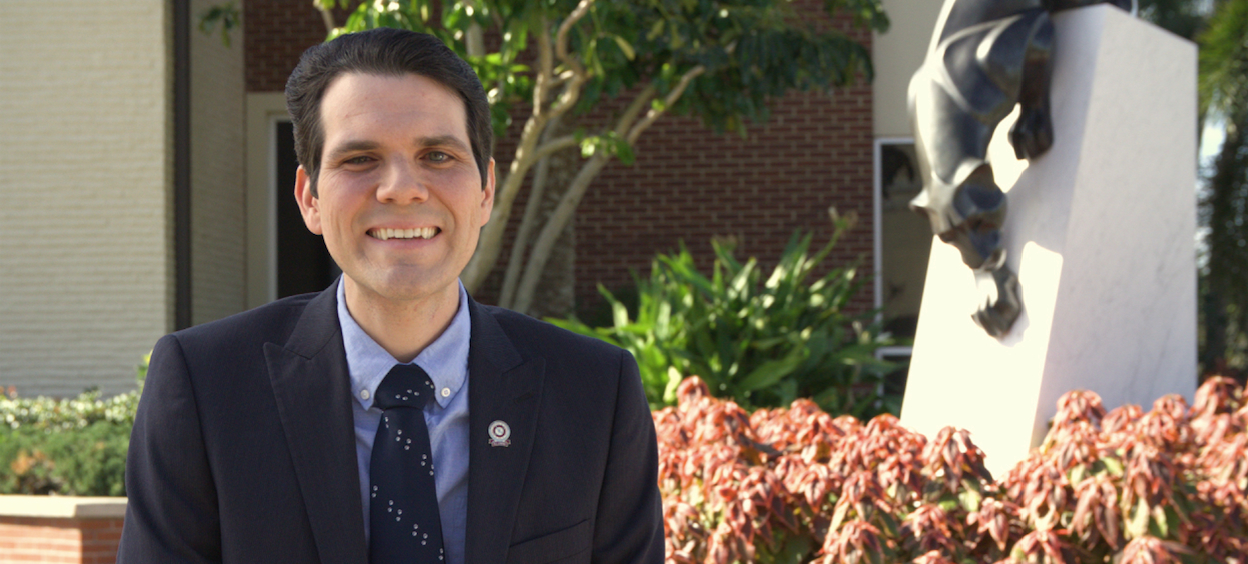In our Transitions series, we’re examining the psychological issues students face in transitioning school levels, and how counselors can help them successfully make the move. Read Parts 1 and 2 here and here.
High School to College
Planning for college is an exciting time for high school students, but it can also be overwhelming and scary. Many high schoolers are not adequately prepared academically and socially for what comes next.
According to evidence presented by the National Assessment of Educational Progress in 2016, a mere 37% of high schoolers are ready for college-level reading and math when they graduate. A study done by American College Testing found that just 25% of high school graduates met college readiness benchmarks in all four of the tested subjects (reading, science, English and math), and 28% met none of the benchmarks.
The consequences for this lack of readiness are tangible. According to U.S. News and World Report, as many as 1-in-3 first year college students never make it to a sophomore year.
Counselors Can Make a Difference
Who can help students bridge the gap between high school and college? High school counselors, a valuable but underutilized resource for future college students. A 2014 report from the Education Department’s Office for Civil Rights states that one in five U.S. high schools don’t have a counselor at all. Nationwide, there are about 500 students to one counselor in large public high schools, almost double the recommended amount by the American School Counselor Association, according to a 2014 New York Times article.
Many colleges require a recommendation letter from school counselors, and a lot of counselors will just send in a form letter that they change based on the student’s name and academic records. The Times article states that many college admissions officers won’t read those letters because it’s such a form letter. Counselors can do so much more to help students prepare better for college and the application process when they are empowered to do so, including:
Course Selection
A 2011 report from The Education Trust found that 40% of high school graduates wish they had taken different classes during their school careers. Many times, counselors are the ones who need to guide students down the right career or educational path, and if they’re bogged down in bureaucratic red tape or proctoring exams, they don’t have the adequate time to do this. Counselors should be able to tell students which courses to take and why they’d benefit from them.
Career Testing
Career testing and aptitude testing can also help students figure out the correct path to take through high school. If a student learns they’d be good in a STEM field, then they should have the resources to take the right courses to help them along that journey. Counselors should also recommend colleges that would be good for a chosen field of study.
SAT and ACT Help
Test scores are an important part of college admissions. Counselors can encourage students to take the SAT and ACT early enough to allow for retakes if necessary. Counselors can also provide students with study resources and let students know if they need to take any SAT subject tests depending on the student’s future program of study.
College Picks
High school counselors can help students determine which colleges or other paths will be the right fit for them. Encouraging students to apply to “safety,” “probable,” and “reach” universities helps them have plenty of options for when they graduate. Counselors can also help students find colleges with academic and extracurricular programs to match students’ interests. Helping students set up college tours is another way counselors can help students pick the right college.
Application Assistance
Helping with application processes, whether it be for college or the workforce, can also benefit students. Many have a tendency to get bogged down in all the steps and counselors can walk them through it.
Financial Aid
From filing the FAFSA to researching scholarships, navigating financial aid options can be difficult and time-consuming. Counselors can help students properly fill out the FAFSA on time and help students find scholarships to apply to
Center the Message on Going to College
Students can begin their college planning as early as the eighth grade when they choose their ninth grade courses. In ninth grade, they should start taking harder courses instead of pushing them to the later years, and also begin to think about scholarships.
“You want to have that scholarship resume look the way you want it to, and you want to start in your ninth-grade year,” Ruth Lohmeyer, a counselor at Lincoln Northeast High School in Nebraska told U.S. News.
In tenth grade, students should begin looking at colleges and careers that may be a fit for them, perhaps by attending college fairs or even touring campuses. By junior year, counselors should encourage students to take the SAT and ACT, and explore job and internship opportunities to expand their resumes.
Finally, teachers should encourage students to not stop and cruise through the last semester during their senior year. Even though students apply and are accepted to college before then, it’s still important to keep working on those time management skills. Focusing on that will help them succeed in whatever they choose to do after graduation, whether it be college or entering the workforce.
Working Together
At the high school level, counselors, teachers and administrators have to begin to address this problem by adhering to a strong college prep curriculum and teaching skills such as critical thinking, problem solving, and time management. Counselors and administration need to work together to educate students about their school or career path of choice.
According to an article from the Association for Supervision and Curriculum Development, a comprehensive college preparation program addresses four dimensions of college readiness: cognitive strategies, content knowledge, self-management skills and knowledge about postsecondary education.

